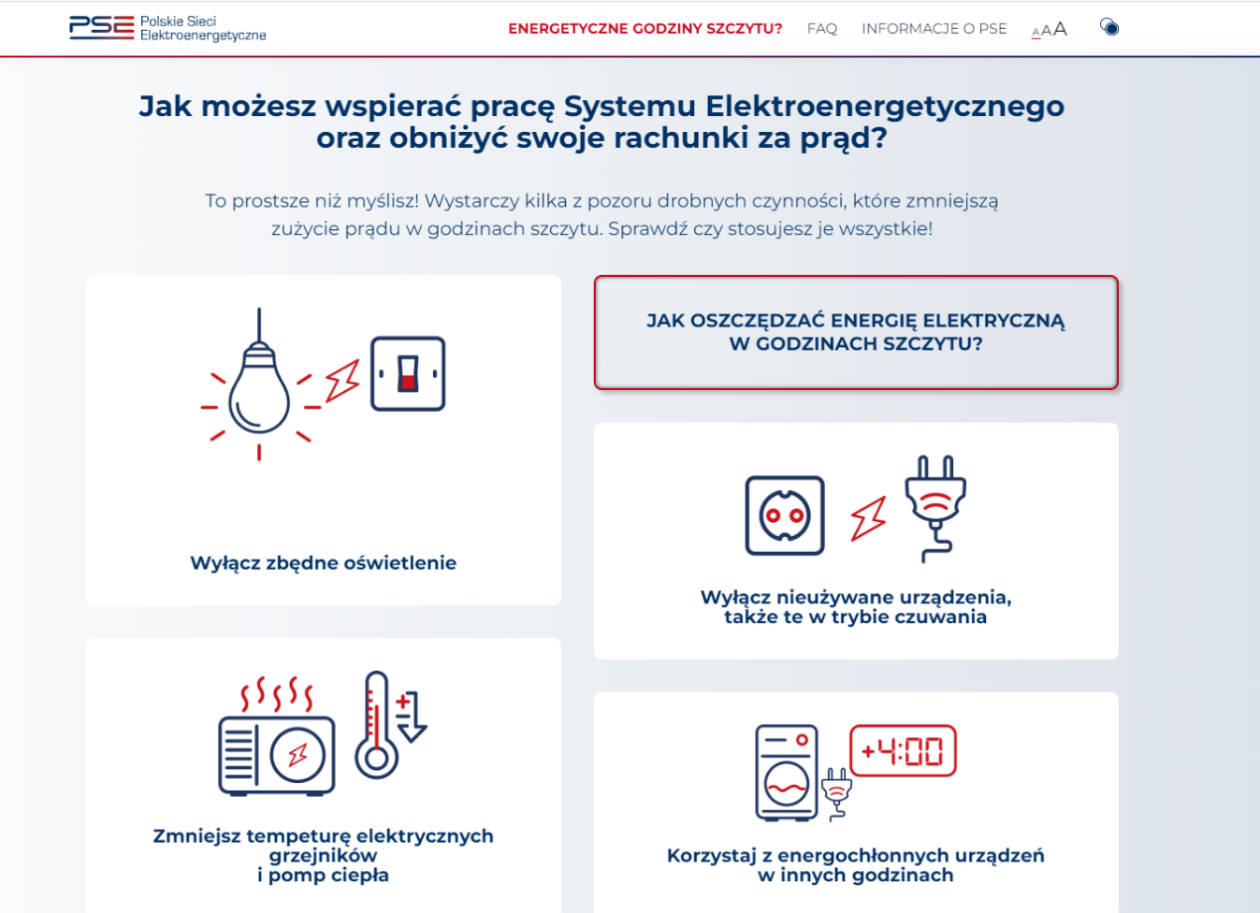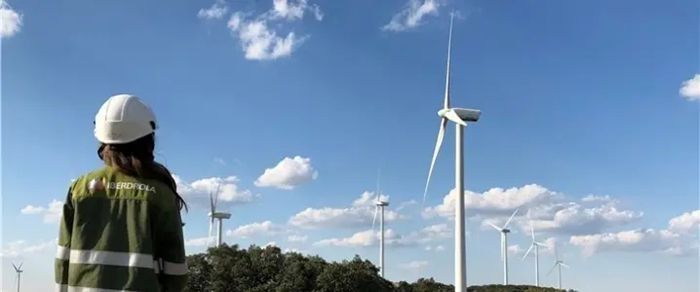"There are EU countries urging citizens to limit laundry". "Russia Today" (RT) reported on this topic that the Polish National Power Company advised people not to use washing machines, microwave ovens and other high-power electrical appliances at night to avoid power supply shortages. RT said that the above proposal is the latest attempt to reduce energy consumption since Poland imposed sanctions on Russia and cut off energy imports from Russia.

According to the information published on the website of the Polish power grid operator PSE, 18:00 to 21:00 is designated as "energy peak hours". The company explained that with energy supplies "very tight", demand increased during the period, forcing the grid to "operate at peak capacity" and running the least environmentally friendly coal-fired power plants. To lighten the load, the PSE advises households to switch off unnecessary lighting, lower the temperature of electric heaters and avoid using "energy-intensive appliances" such as washing machines, kettles, microwaves and ovens during peak electricity consumption hours.

The report went on to say that the PSE proposal is the latest attempt by the Polish government to reduce energy consumption at the social level since Warsaw imposed sanctions on Moscow and cut off energy imports from Russia. Poland imported 46% of its natural gas, 65% of its oil and 15% of its coal before Russia launched a special military operation against Ukraine last February, according to the Polish think tank Forum Energii.
Warsaw has been one of Kiev's most ardent supporters in Europe and was one of the first countries to ban imports of Russian fossil fuels. However, spending by Polish households on energy doubled between February and September last year before the government intervened to cap prices in October. However, inflation in Poland hit a high of 18.4% last month as the state shouldered the costs, data showed.
Meanwhile, other EU countries have followed Poland's lead. For example, in Germany, which was heavily dependent on Russian natural gas, citizens were advised to take less showers and lower their thermostats. In France, politicians are urging people to wear thicker clothing against the cold. In Europe, the natural gas supply and marketing has experienced tight supply, soaring prices and then rapid decline. The violent fluctuations have caused complaints from various industries in Europe. Europe, which is trying to get rid of Russian energy, has almost completely changed its energy supply structure after paying a huge price. Some analysts believe that the energy crisis will still be a serious problem for the European economy, and at the same time, the situation of the European energy market in 2023 is still fragile.
